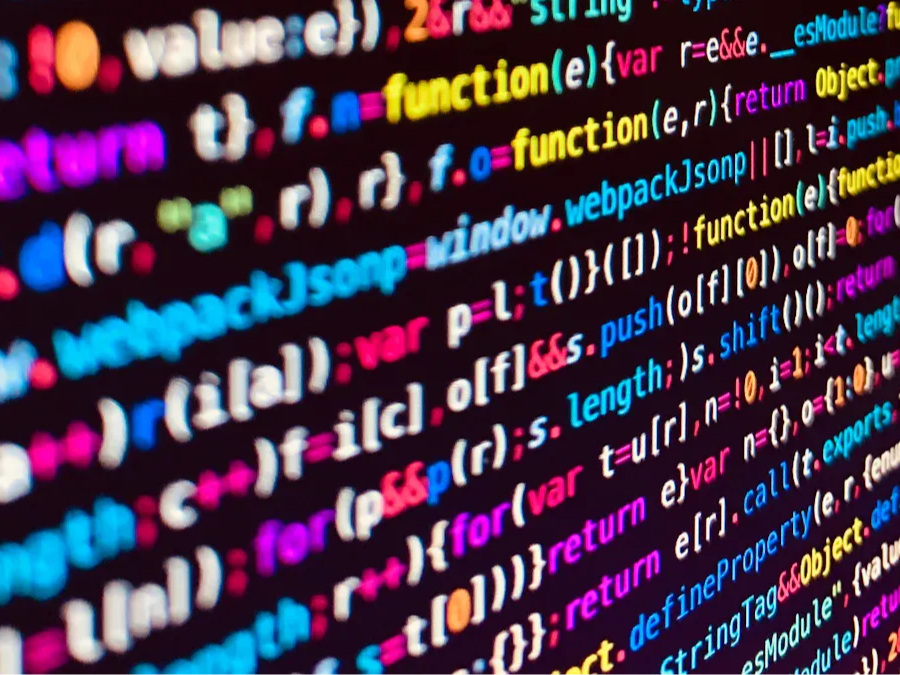A Reward Model plays a crucial role in the training of large models. By constructing a high-quality reward model, we can guide the model to iterate in a direction more aligned with human preferences and values, thereby enhancing the model's safety, controllability, and user satisfaction. In question-answering services, systems based on reward models can provide quick and accurate answers to user queries. In the field of intelligent customer service, the application of reward models has improved user satisfaction and trust. Furthermore, reward models can enhance the model’s generalization ability, allowing it to better grasp and adhere to human values when faced with different data distributions.
What is a Reward Model?
A Reward Model is a core concept in reinforcement learning, used to evaluate the behavior of an agent in a specific state. In large language models (LLMs), reward models guide the model in generating outputs that better align with human expectations and safety standards by scoring the input questions and answers. The goal of a reward model is to construct a model capable of comparing the quality of texts, ranking the quality of different outputs under the same prompt.
How Does a Reward Model Work?
The working principle of a reward model includes data preparation, model initialization, training, evaluation, and optimization.
Data Preparation: Collect and organize a large number of question-answer pairs or behavior data, which should reflect human preferences and values.
Model Initialization: Fine-tune a pre-trained language model (such as the GPT series) by removing the original model's output layer and adding a new linear transformation layer to map the model's hidden variables to a score.
Training: Using supervised learning, input the prepared question-answer pairs or behavior data into the model. Based on human-labeled preference order or scores, calculate the loss value of the model's output and update the model parameters through backpropagation.
Evaluation and Optimization: Continuously optimize the performance and stability of the reward model by evaluating its performance on a test set.
Main Applications of Reward Models
Reward models have shown widespread application value in several fields:
Intelligent Customer Service: Through reward models, intelligent customer service systems can better understand and respond to user instructions, generating answers that align more with human values and preferences.
Virtual Hosts: In the virtual host field, reward models can help generate more natural and engaging dialogue content, enhancing the user experience.
Text Generation: In text generation tasks, reward models can guide the model in producing higher-quality texts, such as stories, articles, etc.
Machine Translation: Reward models can be used to improve the quality of machine translations, making them more aligned with human translation preferences.
Code Generation: In programming, reward models can help generate code that better adheres to programming norms and logic.
Challenges Faced by Reward Models
Noise and Bias in Datasets: The training of reward models depends on high-quality datasets, but existing datasets may contain noise and biases. For example, the hh-rlhf dataset contains numerous conflicting or ambiguous data, which may lead to the reward model failing to accurately reflect human preferences.
Generalization Ability: Reward models are trained on specific data distributions, which can cause them to perform poorly when faced with new or unseen situations.
Reward Hacking: This refers to the unintended behaviors that the model may adopt in an effort to maximize its reward. Such behavior arises when the reward model incorrectly generalizes training data and relies on false features unrelated to human preferences.
Balancing Accuracy and Stability: Studies show that the accuracy of the reward model is not always proportional to the performance of the language model. In fact, moderately accurate reward models might provide more helpful rewards for tasks than highly accurate models.
Self-Evolved Reward Learning: As language models continue to advance, methods that rely on high-quality labels from human experts are becoming more limited. Therefore, the Self-Evolved Reward Learning (SER) framework is proposed, allowing reward models to iterate and improve themselves by self-generating additional training data.
Diversity and Complexity: Reward models need to handle diverse and complex data from various fields and tasks. For example, in machine translation and code generation, reward models must understand and evaluate complex language structures and logic.
The Future of Reward Models
In the future, with continuous technological advancements, reward models will play an even greater role in more fields. In intelligent customer service and virtual hosts, reward models can help generate more natural and realistic dialogue content. By training reward models, the models can better understand and respond to user instructions, generating answers that align more with human values and preferences, thus enhancing user satisfaction and trust. In text generation and machine translation tasks, reward models can guide the model to generate higher-quality text. By applying positive incentives to the model’s output, it encourages exploration toward better solution spaces, improving generation quality. In programming, reward models can help generate code that adheres more closely to programming norms and logic. In medical image analysis, reward models can assist in automatically annotating medical images, quickly identifying lesions, and optimizing treatment plans. By continuously optimizing training methods and evaluation standards, we can further enhance the accuracy and stability of reward models, making a greater contribution to the development of the AI field.








